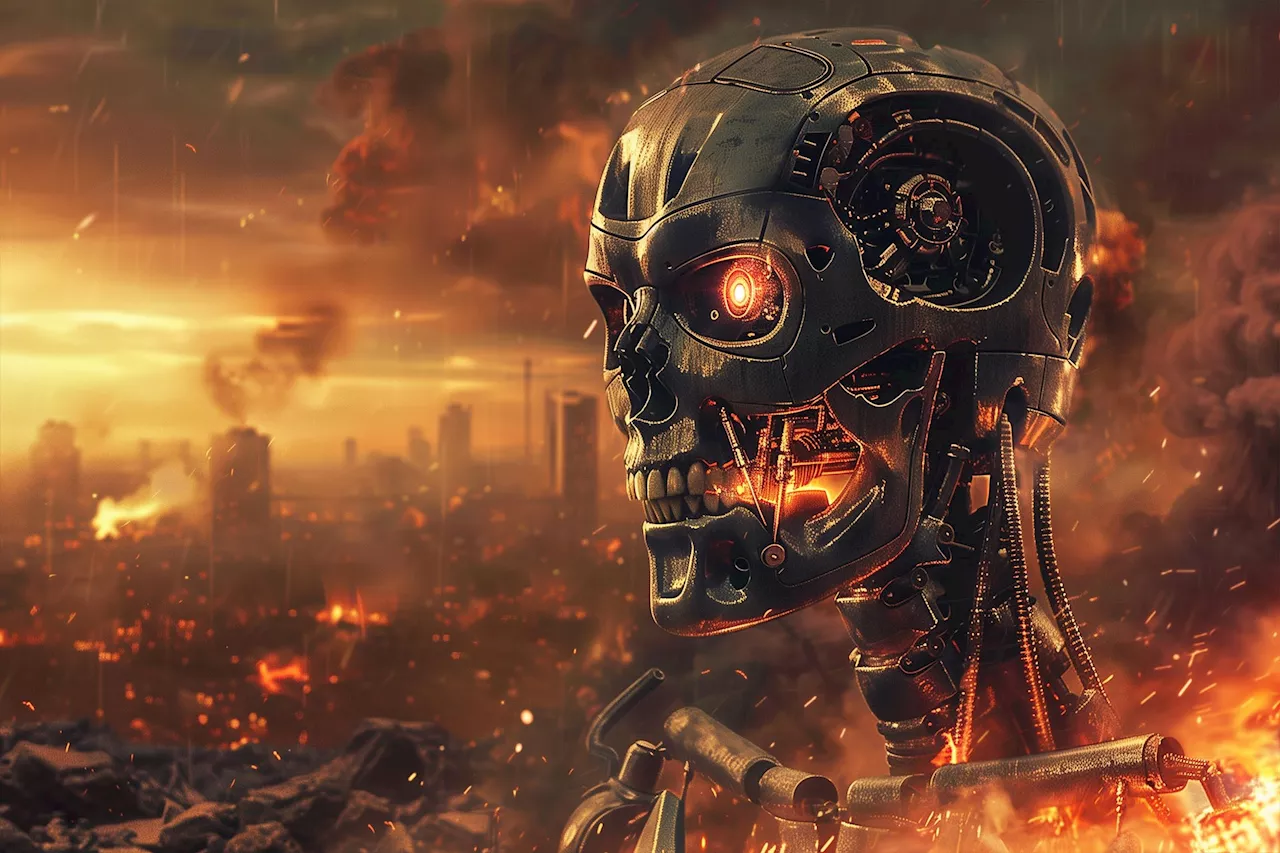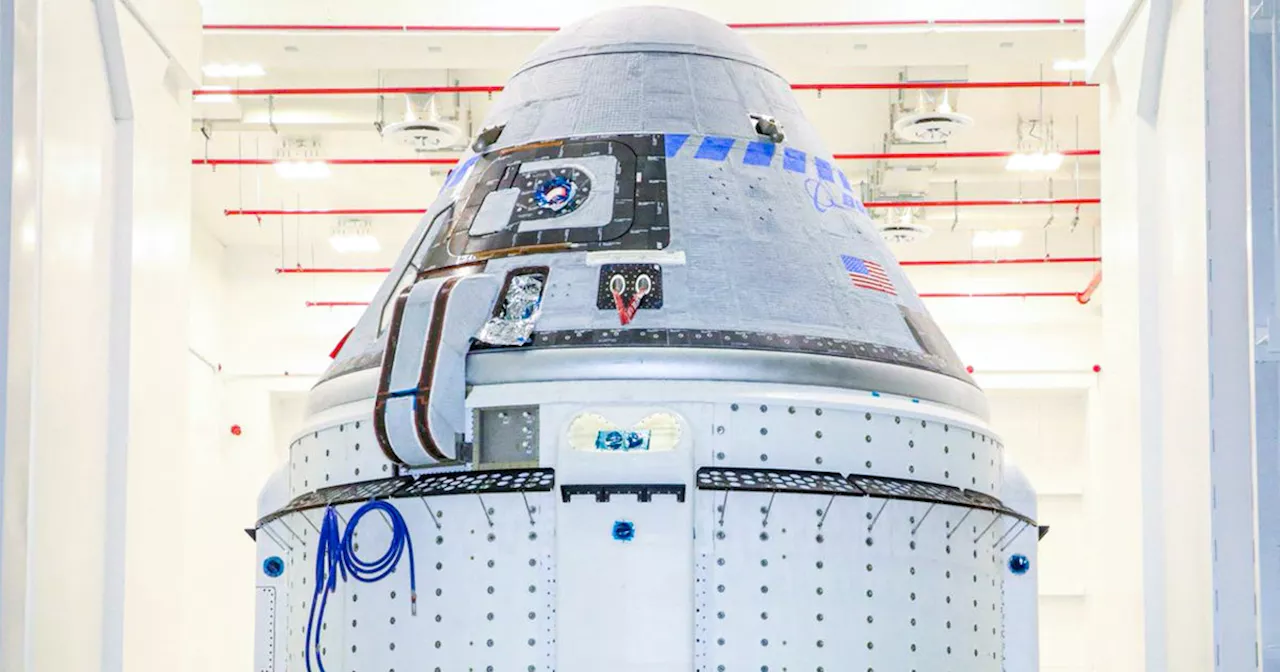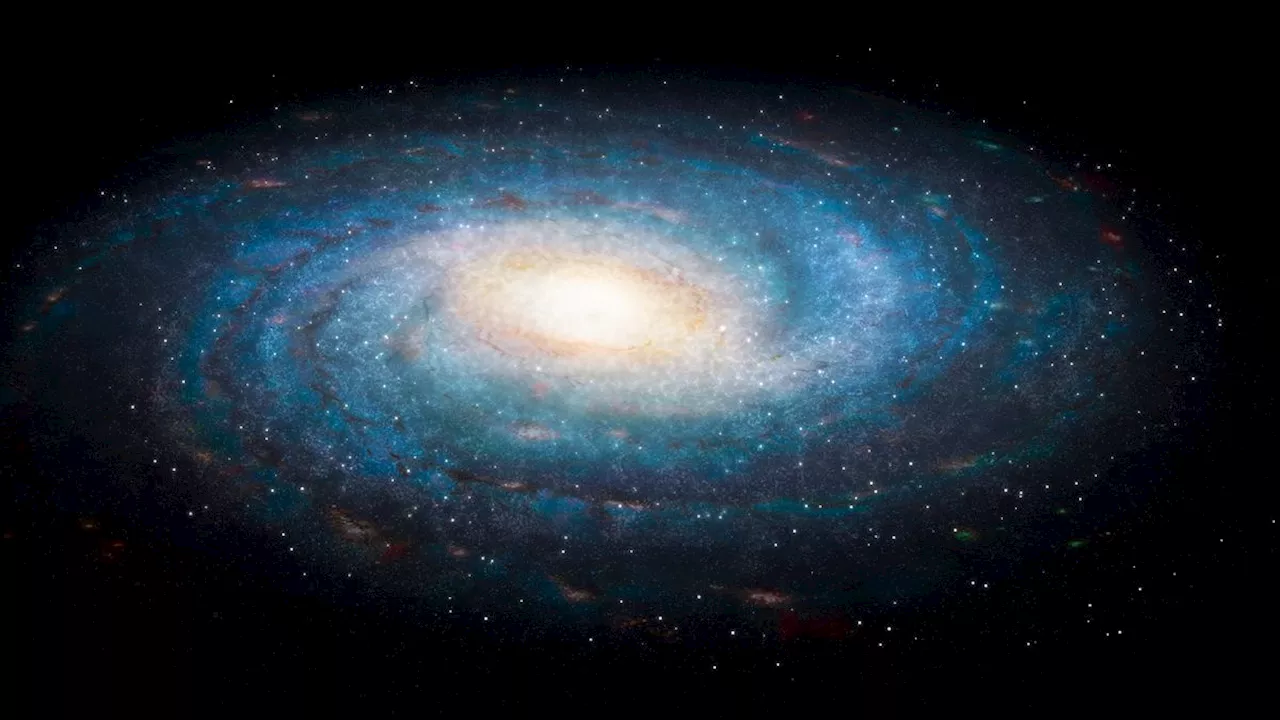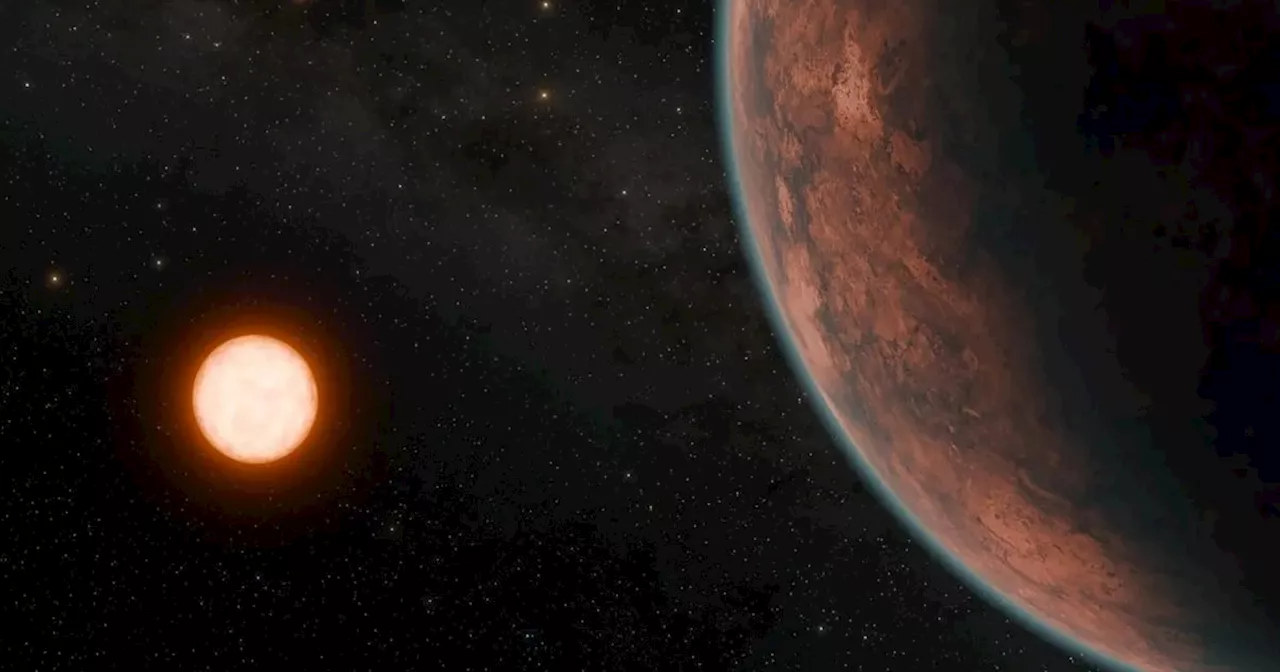Isobel Whitcomb is a contributing writer for Live Science who covers the environment, animals and health. Her work has appeared in the New York Times, Fatherly, Atlas Obscura, Hakai Magazine and Scholastic's Science World Magazine. Isobel's roots are in science.
Albert Einstein was arguably the most famous scientist of the 20th century. Most people are familiar with his iconic E=mc^2 equation, but his life and work encompassed so much more than that. For instance, the brilliant physicist actually won the Nobel Prize for very different work. From his humble beginnings as a patent clerk to the offer to run a small country , here are 32 facts you may not have known about Einstein.
Einstein transformed the way physicists view light.Before Einstein's special theory of relativity, physicists thought that light traveled through a substance called"the luminiferous ether." Throughout the late 19th century, scientists ran experiments to try to prove its existence. By submitting your information you agree to the Terms & Conditions and Privacy Policy and are aged 16 or over.He wasn't well-liked by his teachers.One of the instructors at the Luitpold-Gymnasium in Munich, where Einstein received much of his early education, told the young Einstein that nothing good would ever come of his life.
He helped convince the physics world that atoms exist. Einstein was interested in the problem of Brownian motion, the observation that if you put tiny objects in water, they appear to jump around erratically. Einstein proposed that invisible particles were colliding with the pollen, causing it to move, and came up with a formula describing this phenomenon.
He was friends with Charlie Chaplin.Chaplin even invited Einstein and his wife, Elsa Einstein, as his guests of honor at the premier of his 1931 film"City Lights." There, Chaplin famously told Einstein:"The people applaud me because everybody understands me, and they applaud you because no one understands you."
At the start of World War II, he wrote to then-President Franklin D. Roosevelt, warning of possible German nuclear weapons research.He urged the president to initiate development of an atomic bomb — but later regretted doing so, according to the American History of Natural History. In an interview with Newsweek, he said:"Had I known that the Germans would not succeed in developing an atomic bomb, I would have done nothing.
Einstein was asked to be the president of Israel. However, when he was offered the position in 1952, he was already near the end of his life, according to the American Museum of Natural History. Due to his poor health and lack of experience"dealing properly with people," he declined.
United States Latest News, United States Headlines
Similar News:You can also read news stories similar to this one that we have collected from other news sources.
 32 strange places scientists are looking for aliensIsobel Whitcomb is a contributing writer for Live Science who covers the environment, animals and health. Her work has appeared in the New York Times, Fatherly, Atlas Obscura, Hakai Magazine and Scholastic's Science World Magazine. Isobel's roots are in science.
32 strange places scientists are looking for aliensIsobel Whitcomb is a contributing writer for Live Science who covers the environment, animals and health. Her work has appeared in the New York Times, Fatherly, Atlas Obscura, Hakai Magazine and Scholastic's Science World Magazine. Isobel's roots are in science.
Read more »
 When Science Fiction Becomes Science Fact: The AI DilemmaScience, Space and Technology News 2024
When Science Fiction Becomes Science Fact: The AI DilemmaScience, Space and Technology News 2024
Read more »
 Science Fiction Magazine Stops Taking Submissions amid Flood of AI-Generated StoriesSource of breaking news and analysis, insightful commentary and original reporting, curated and written specifically for the new generation of independent and conservative thinkers.
Science Fiction Magazine Stops Taking Submissions amid Flood of AI-Generated StoriesSource of breaking news and analysis, insightful commentary and original reporting, curated and written specifically for the new generation of independent and conservative thinkers.
Read more »
 Boeing to launch NASA astronauts to space for first timeDenise Chow is a reporter for NBC News Science focused on general science and climate change.
Boeing to launch NASA astronauts to space for first timeDenise Chow is a reporter for NBC News Science focused on general science and climate change.
Read more »
 Does the Milky Way orbit anything?Skyler Ware is a freelance science journalist covering chemistry, biology, paleontology and Earth science. She was a 2023 AAAS Mass Media Science & Engineering Fellow at Science News. Her work has also appeared in Science News Explores, ZME Science and Chembites, among others. Skyler has a Ph.D. in chemistry from Caltech.
Does the Milky Way orbit anything?Skyler Ware is a freelance science journalist covering chemistry, biology, paleontology and Earth science. She was a 2023 AAAS Mass Media Science & Engineering Fellow at Science News. Her work has also appeared in Science News Explores, ZME Science and Chembites, among others. Skyler has a Ph.D. in chemistry from Caltech.
Read more »
 Potentially habitable Earth-size planet discovered 40 light-years awayDenise Chow is a reporter for NBC News Science focused on general science and climate change.
Potentially habitable Earth-size planet discovered 40 light-years awayDenise Chow is a reporter for NBC News Science focused on general science and climate change.
Read more »
